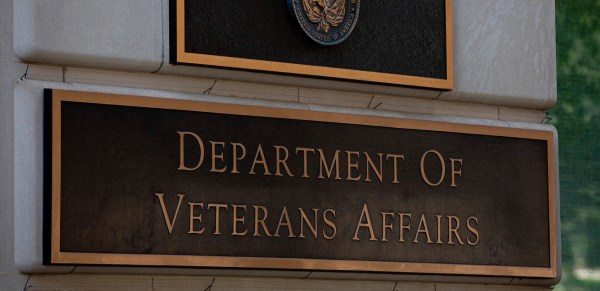VA OIG calls for additional oversight of Digital GI Bill Platform project

The Digital GI Bill platform that was set to be fully operational by April 2024 is now “severely” delayed and will cost double the original amount, according to the Department of Veterans Affairs Office of Inspector General.
Insufficient planning on the part of the Veterans Benefits Administration is to blame for delays and $479 million in additional costs for the Digital GI Bill Platform, which aims to modernize access to relevant services while reducing costs and setbacks from legacy systems. The VA OIG found in its report that during the contract planning process, VBA did not identify required steps along the proper timeline or “establish achievable contract requirements.” Additionally, OIG found that VBA neglected to assign appropriately trained and experienced personnel to develop requirements for the platform.
The move to the new platform will result in the sunsetting of 12 legacy systems, one of which includes the Benefits Delivery Network (BDN), a legacy system “necessary to allow VBA to fully transition to the Digital GI Bill platform.” BDN capabilities were set to be absorbed by the platform by September 2023, however, this network’s decommission is now expected in June 2025.
“OIG found that the inclusion of unachievable requirements and timelines in the contract was likely a result of VBA rushing to award the contract and the lack of expert personnel involved,” the report states.
OIG found that VA had agreed to provide the platform contractor with three testing environments “to complete critical data-quality and performance sensitive testing for Digital GI Bill releases” that included integration, usability, performance and more by October 2022. An agency program manager within the Office of Information and Technology told OIG that only one test environment could be provided — and there were no reported efforts from the contractor to make “any creative attempts” to solve the technical limitation.
“The original contract obligated VA to provide three testing environments, and by failing to do so, it failed to meet its contractual requirements,” the report states. “According to the renegotiated contract, VA will provide one end-to-end benefits automation testing environment.”
The platform, which is expected to house the responsibilities of the existing VBA educational benefits system, received funding support from the Coronavirus Aid, Relief and Economic Security (CARES) Act of 2020 as an overall effort to assist the changes to digital education systems that are used by veterans and beneficiaries.
OIG reported that VBA’s Education Service assistant director believed that the agency “rushed the contract to use CARES Act funding before it expired.”
The renegotiated contract adds more than double the amount of the $453 million contract, ballooning the total costs to $931 million.
As a result of these challenges, VA OIG recommended that the under secretary for benefits at VBA, Joshua Jacobs, implement a monitoring process that would track implementation, communicate regularly with the platform’s contractor to ensure any master scheduling plan is updated to reflect changes and develop strategies to address “critical path failures” to provide a timeline of further implementation activities.
Jacobs agreed with all three recommendations and provided an action plan for establishing a monitoring process to track implementation, the report noted.
The under secretary also said that VBA “has a program in place to monitor the Digital GI Bill platform implementation and ensure the Digital GI Bill Program Management Office conducts appropriate project management.”
Jacobs disagreed with OIG’s finding that VBA lacked an integrated master schedule or scheduling plan for tracking modernization efforts related to the platform. He also disagreed with the finding that renegotiations and adjustments to the contract led to further delays, though, “VBA acknowledges that the original contract was insufficient to achieve desired program outcomes.”
In a footnote referencing the under secretary’s dissent, the OIG stated that it “stands by its finding that the adjustments and renegotiated contract delayed implementation of the Digital GI Bill platform.”






